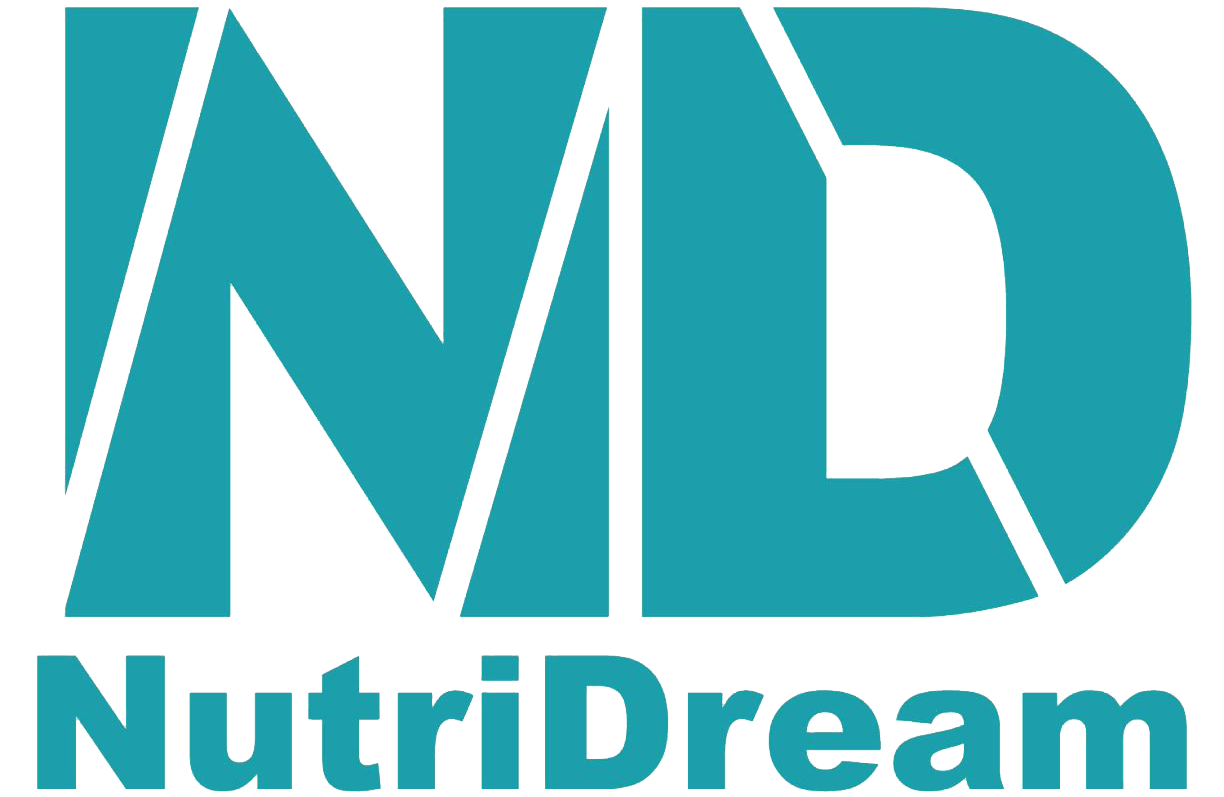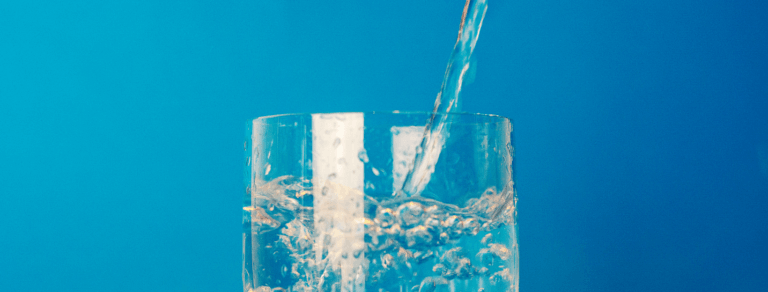Water – When and how much to drink?

Water – When and how much to drink?
There is no life without water. The same applies to the human organism. Water makes up about 2/3 of our body weight: 75% in infants and 60% in adults. Since the body needs fluids, you should drink enough if you are thirsty. Extreme dehydration can lead to dizziness and weakness. In addition, water helps regulate our body temperature. However, what is less known is that water is a solvent for chemical reactions in our body and a carrier of nutrients and oxygen.
In case of thirst, it is advisable drinking clean water, including tap water. When buying bottled water, BPA-free bottles should be preferred, as they do not contain the toxic substance called bisphenol-a. The harmful effects of BPA are related to infertility, fetal and child developmental disorders. BPA is a carcinogenic and endocrine disruptor. Namely, this compound damages the endocrine or hormone system and can therefore act as a hormone in the body, interfering with the normal functioning of hormones in our body. However, hormones are important because they control all the processes in our body.














